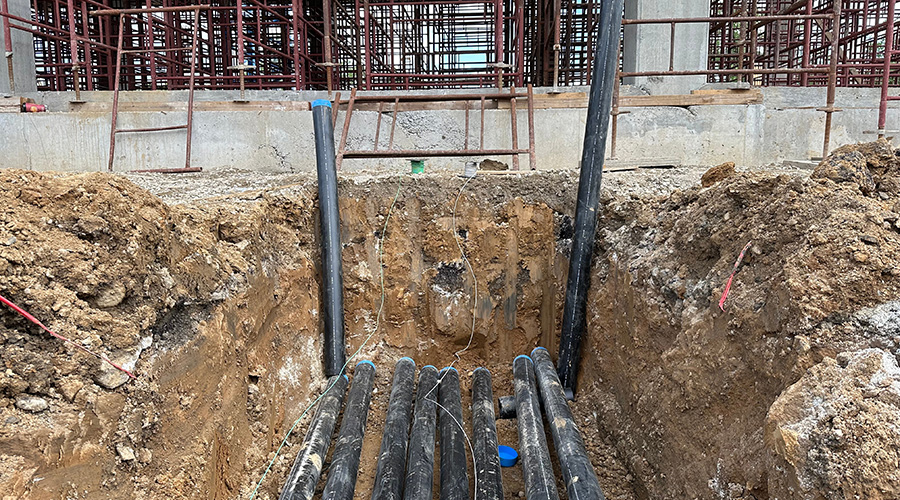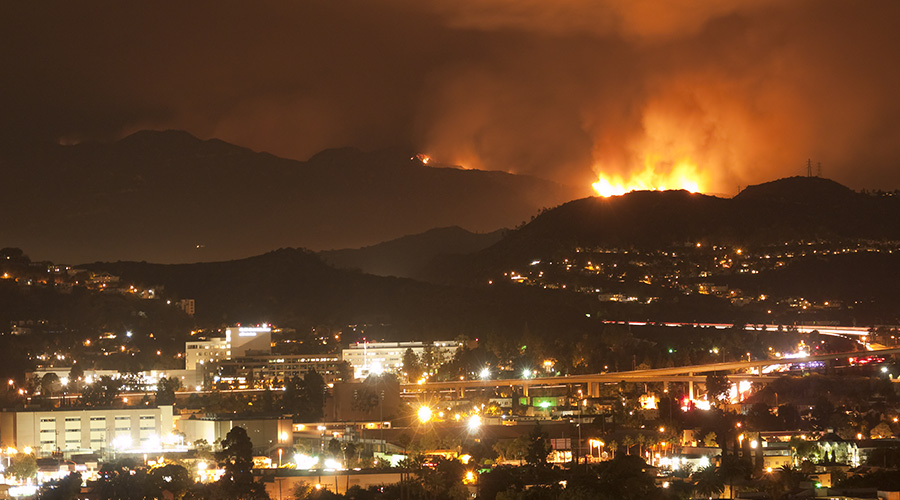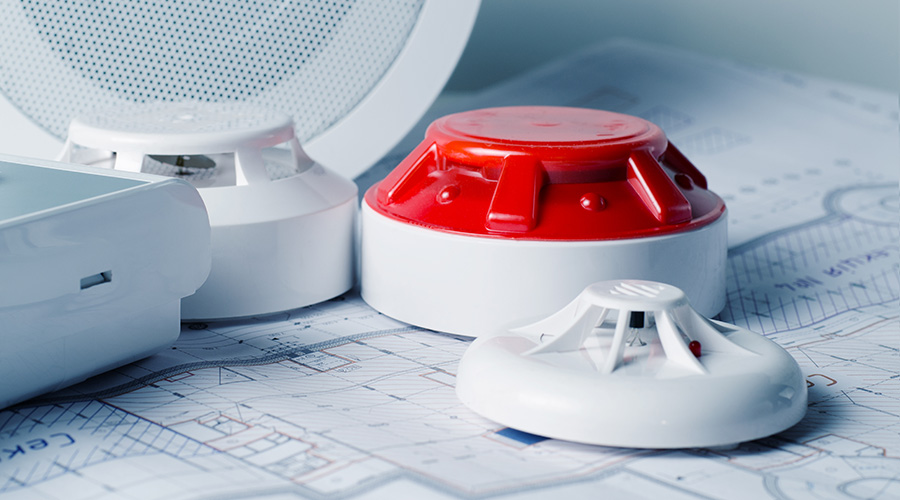Fire Safety Heats Up
 The nation hardly needed another stark reminder of the crucial need for fire safety in facilities. But it got one in early December.
The nation hardly needed another stark reminder of the crucial need for fire safety in facilities. But it got one in early December.
Footage of flames shooting from the upper floors of Chicago’s 45-story LaSalle Bank headquarters brought back images of a similar event in a Chicago skyscraper 14 months earlier that killed six people. And that fire followed on the heels of several fatal fires in commercial and institutional buildings elsewhere in the nation.
The Chicago blazes throws a spotlight on a contentious issue for the city — whether older commercial buildings should be required to have sprinkler systems. Currently, only commercial buildings constructed after 1975 are required to have sprinklers. The city is expected to enact such a requirement soon for its older skyscrapers.
The specific issue of sprinklers, as well as the larger issue of fire-safety systems, is becoming a higher priority for all types of facilities nationwide. Like most other areas of responsibility for managers — from HVAC systems to roofing — few people working in facilities pay much attention to fire safety systems in the course of a normal day. Out of sight, out of mind, as they say. But in an emergency, there will be no good explanation as to why the systems failed to perform as intended.
Given the growing awareness of fire safety issues, engineering and maintenance managers ought to be prepared to answers tough questions on the issue from building owners and occupants alike.
Having fire-safety equipment installed is only the beginning of the effort to protect buildings, occupants and operations. Ensuring that systems work properly when they are needed most also is essential. That requires managers to develop and implement an inspection and testing system for all fire-safety components in their facilities — before the need for the systems arises.
For an in-depth look at training issues related to fire-safety systems, see Thomas A. Westerkamp’s article “Fighting Fire With Training.”
Related Topics:








 The nation hardly needed another stark reminder of the crucial need for fire safety in facilities. But it got one in early December.
The nation hardly needed another stark reminder of the crucial need for fire safety in facilities. But it got one in early December.



